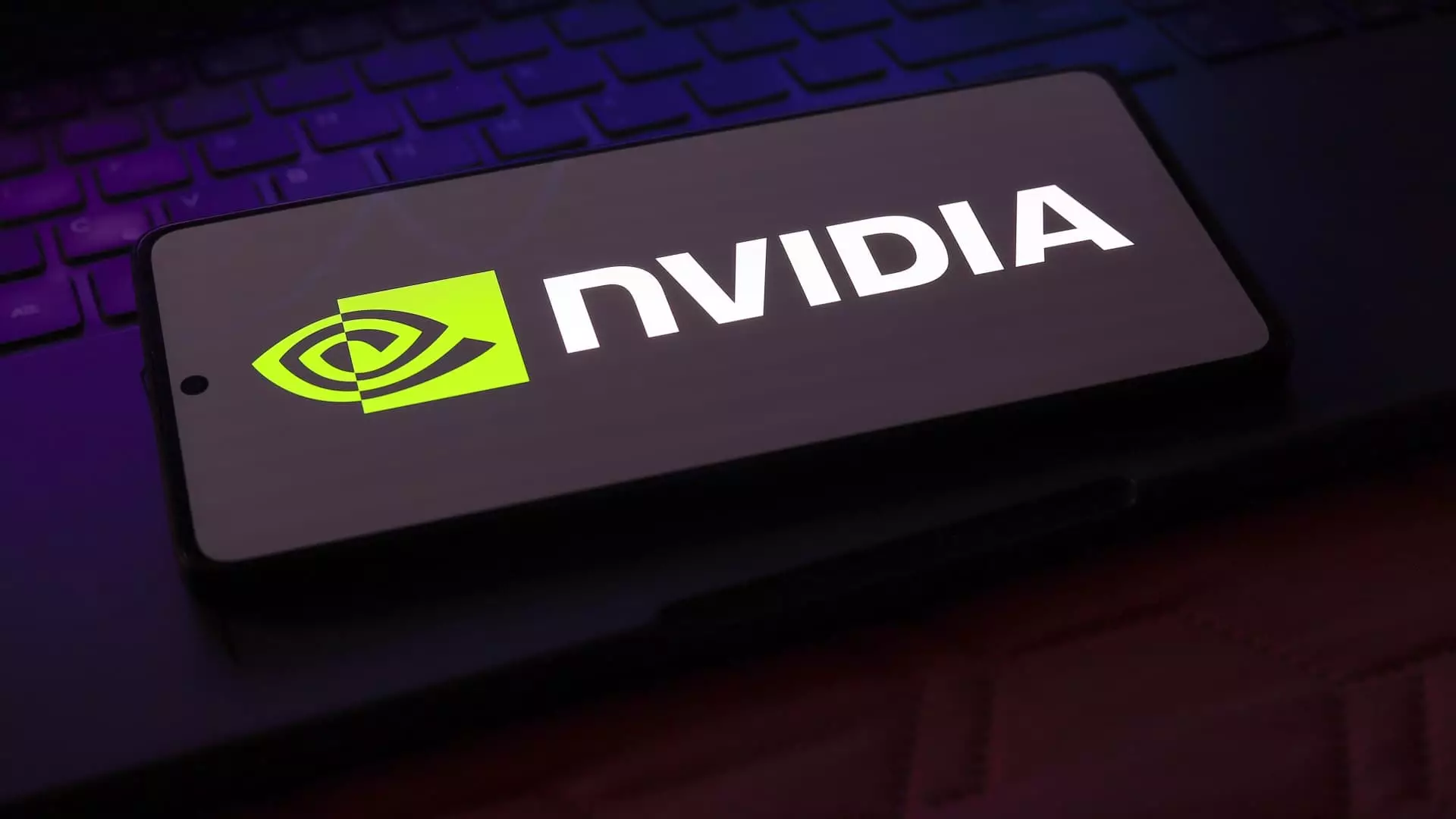Tiger 21, a network of ultra-high-net-worth investors and entrepreneurs, recently released an asset allocation report that shed light on the fact that more than half of its members do not invest in chip darling Nvidia. The report revealed that 57% of the members have chosen to stay away from Nvidia, with a majority of them expressing no intention to start a position in the company. Some members cited concerns about the sustainability of Nvidia’s growth, stating that no company’s growth lasts forever and that competitors often catch up, leading to a recalibration of the market. Chairman Michael Sonnenfeldt noted that while Nvidia is currently the undisputed leader in AI, some members believe it is only a matter of time before the competition catches up.
Tiger 21’s members collectively have personal assets worth over $165 billion, with a significant portion of them choosing to invest in real estate or other sectors instead of technology. Despite Nvidia’s impressive growth and market performance, some members have opted to avoid the stock altogether due to its volatility and the risks associated with tech investments. Sonnenfeldt emphasized that the club’s focus is on preserving wealth rather than chasing high returns, which may explain why some members are cautious about investing in Nvidia.
Of the 43% of Tiger 21 members who have invested in Nvidia, most are not planning to increase their position in the stock. This caution proved to be well-founded when Nvidia’s stock experienced a 9.5% decline overnight, wiping out approximately $300 billion of its market cap amid a broader sell-off in U.S. markets. Additionally, a sizable percentage of the club’s members believe that Nvidia’s success may not last through the next decade, reflecting their concerns about the company’s long-term prospects.
Despite the allure of Nvidia’s meteoric rise and status as ‘the world’s most important stock,’ Tiger 21 members are taking a cautious approach to investing in the technology sector. While some have witnessed the success of companies like Tesla only to see increased competition in the market, others prefer to focus on more stable investment options such as real estate. Sonnenfeldt remains optimistic about the broader AI industry, highlighting its potential as one of the most investible themes in financial history. Real estate currently accounts for 26% of members’ portfolios, while public equities make up 22% of their asset allocation.
Tiger 21’s decision to avoid investing in Nvidia reflects a trend among ultra-high-net-worth individuals to prioritize wealth preservation over high-risk, high-reward investments. By diversifying their portfolios and focusing on sectors with greater stability, members of the network are positioning themselves to weather market fluctuations and achieve long-term financial success.

